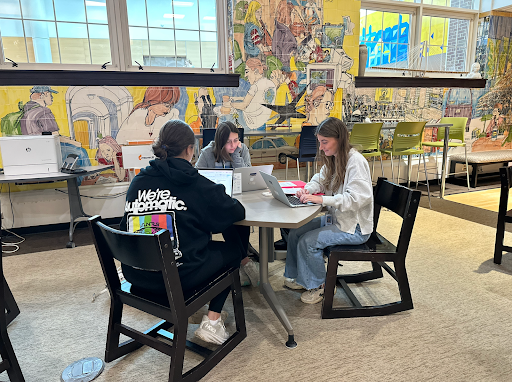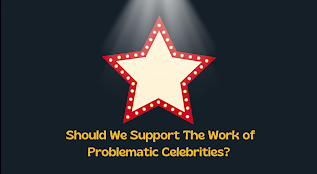During my sophomore year, my law teacher Mr. Joe Pulio made an off-the-cuff comment that has stuck with me for two years. As we discussed the jury selection process, he said, “People’s opinions and current behavior are derived from their experiences, so we should not be so quick to judge until we know what that person has gone through.”
As a prospective political science major and someone who wants to be engaged in government in the future, politics has been a big part of my life. So, even though he made this comment in passing and didn’t make a big deal of it, his words really changed my perspective
Unfortunately, we live in a country where people cannot seem to agree on anything—and it seems to be getting worse.
Whether it be in the comment section of The Forest Scout or on the Senate Floor, people seem eager to hate others simply for their beliefs. Although it’s naive to say that America is more divided than ever in its history, seeing as we fought a civil war, it’s true that the country is more divided than we’ve been in decades.
Ipsos conducted a recent survey and found that 78% of Americans believe the country is more divided than it was 10 years ago. Despite this, the same study finds that 69% of Americans believe that they want the same things out of life. We are divided as a nation but want the same things in life.
Pondering this, I find myself returning to Mr. Pulio’s comment. It has shaped the way I engage in political discussions. Rather than disagreeing with someone and disregarding their beliefs, I try to understand their perspective and how they came to that conclusion.
This past summer, I attended the National Student Leadership Conference at Georgetown, where I studied International Diplomacy. This program consisted of lectures from college professors, simulations of the United Nations, and debates regarding current events.

Because the program attracted students from around the world, discussions were often shaped by diverse viewpoints. I vividly remember a debate that took place between a student born and raised in Arkansas and a student from El Salvador who lives in the U.S. Like many political debates at the time, it was regarding the election between President Biden and President Trump.
This argument initially started about immigration and quickly led to strong vitriol from both sides. It merely became an argument of “I’m right, and you’re wrong.”
There was no understanding of one’s experiences or questioning of why someone believed what they believed. Had these students been in my law class with Mr. Pulio, they wouldn’t have needed to be separated by the counselors but rather have gained a deeper understanding of each other’s viewpoints.
Watching that debate turn into hostility reminded me of the issues our country faces. However, it also gave me a glimmer of hope: these divisions are not the be-all and end-all.
If more people embraced what Mr. Pulio said, we could move beyond political nastiness and towards a society where discussions are turned into meaningful solutions.
While we may not be debating on the Senate floor, we have the power to shape the way we engage with one another. If we approach disagreements and discourse with curiosity rather than hostility, we will create an environment where dialogue leads to understanding instead of division. Change does not start in Washington; it starts with us.









Jason Kowalski • Feb 19, 2025 at 3:08 pm
Here’s a template for any responses who want to justify their partisan bias.
“[Me and my side] try to do what’s right, but [their side] is unwilling to reach across the aisle. [their side’s leader] is literally [Stalin/Hitler/Satan/etc] and their supporters are either [fascists/commies/rapists/satanists/terrorists/etc] or [idiots/brainwashed/clueless/misled/not real/etc].”